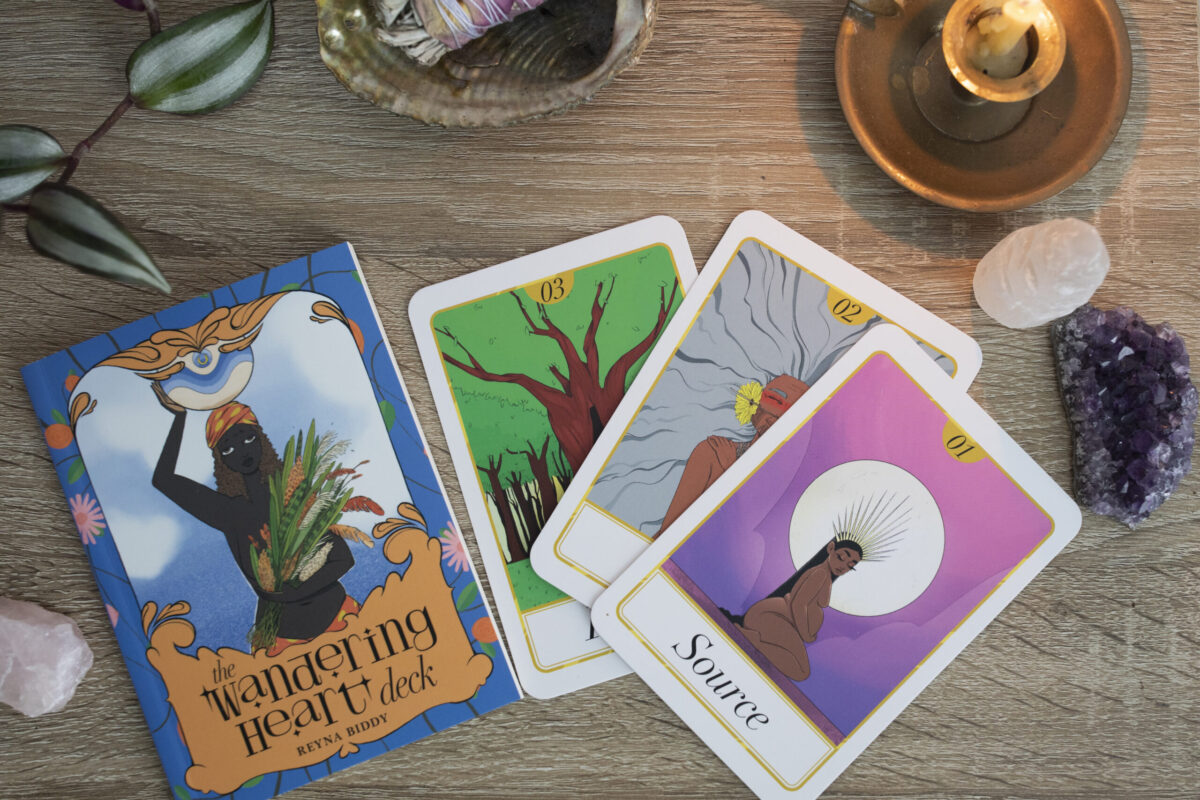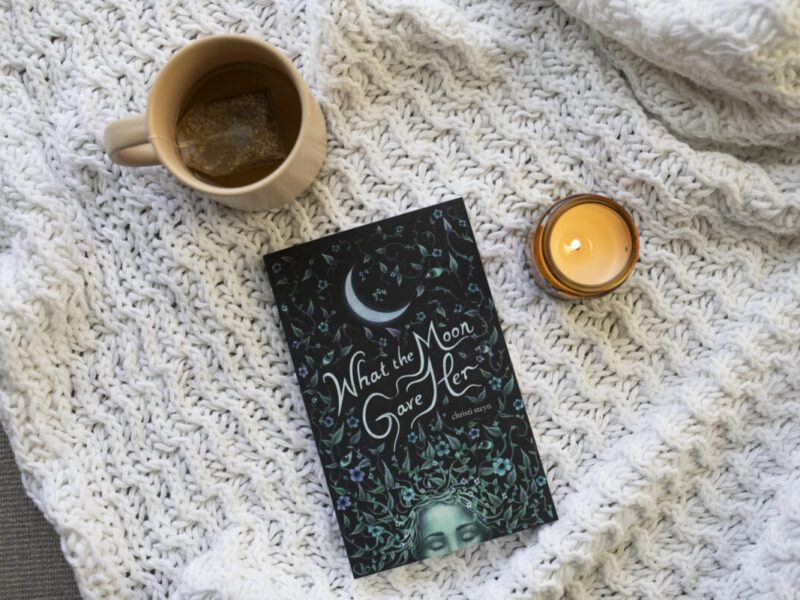The Intersection of Poetry and Tarot: 5 Spiritual Strategies for Incorporating Tarot In Your Poetry
Poetry and tarot share a similar audience, and it’s easy to see why. Both mediums have skyrocketed in popularity in the last few years, both explore weighty and universal themes, and both serve as a way to reflect on the past and manifest the future. While experiences and topics like love, death, and justice may be abstract and difficult to understand, tarot and poetry demystify them through strong, relatable imagery and metaphor. Just as poetry has been around for centuries—even before written language existed—tarot has a rich history many aren’t aware of, with the now-iconic arcana dating back to the 15th century. Here are six ways to incorporate the ancient ritual of tarot into your modern-day poetry practice and routine.
1. Write a persona poem from the perspective of one of the cards.
The tarot deck is full of interesting characters, from the solitary Hermit to the divine High Priestess. Change up your typical poetry voice by writing a persona poem that embodies one of these figures. How would your favorite tarot card speak? What message would they want to share?
2. Begin your writing practice with a tarot card pull. Use it as inspiration or embrace those themes in your daily writing.
For a less literal but still tarot-related writing prompt, consider letting your tarot deck lead the themes you approach in your writing session. For example, if you pull the Lovers card, you might write about love and relationships, whereas if you pull the Sun card, you might write about what joy and success mean to you. Aside from serving as a writing prompt, your tarot pull can also help with inspiration by directing you to approach your writing practice with a certain energy. For instance, pulling the Moon card might be a sign to lean into your intuition when writing and to not be afraid to explore dark subject matter.
3. Buy—or even better, gift— a poetry-themed tarot deck.
Indulge in two like-minded hobbies by shopping for a poetry-themed tarot deck. Tarot cards are considered luckier if someone else buys them for you—so better yet, gift a poetry-themed deck to a friend in your writing workshop or in your poetry book club. You could also organize a tarot deck gift exchange with the larger group. We recommend poet Reyna Biddy’s Wandering Heart Deck and also love The Poet Tarot guidebook from Two Sylvias Press.
4. Read a tarot-themed poetry collection.
“The Lovers” by Timothy Liu is often reshared on poetry Twitter and poetry Instagram, proving that readers love tarot-themed poems. In addition to this beloved and poignant poem, there are several collections of poetry themed around tarot. Crack open Fortunate by Kim Rashidi to see favorite tarot cards—like the Knight of Cups and the Sun—explored through verse.
5. Embrace non-linear time as a concept in poetry, and shift between the past, present, and future.
Poets often cite the time-traveling nature of the genre as one of the most compelling reasons to read and write it. Consider poems that reach across death and grief, like Gabrielle Calvocoressi’s emotional “miss you” poems, popularized on the Poetry Magazine podcast. Though Calvocoressi writes to a late friend, the poem draws them back together in time and in physical space. Similarly, poems like Ocean Vuong’s “Someday I’ll Love Ocean Vuong” boldly reimagine both the present and future. In tarot, three cards represent the past, present, and future, but these themes repeat and resurface. As a writing prompt, try writing a poem that melds time in this same creative way.
Happy reading—poetry and tarot!




